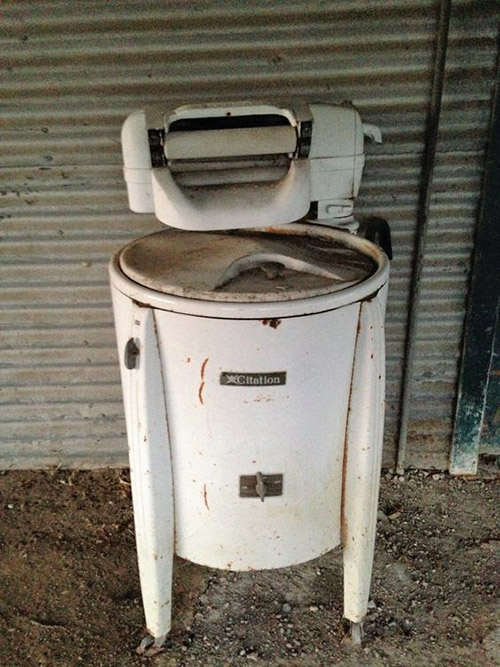
My father had just bought the land and was having the new building put up for his auto body repair shop. It was a dream come true after many years of working under bitter and adverse conditions to make a living here in America.
I recall an “auto radiator repair” business my pa had, where he would remove customers’ leaking radiators from their cars outside on the street and then carry the radiators downstairs to a small basement shop to do the repair, and then reinstall the radiator. The worst part of this work was lying on the ground in the street, underneath the cars, while fighting the elements of the weather.
Knowing the genteel person, der aidler mentch, that my father was, and observing how he struggled as I was growing up, made me proud of from whom I come.
My pa’s vast innate talent came directly from his father in the old country, which finally led him to an important, well-paying job at an aircraft factory in Connecticut. It was there that everything changed for the better. He was the highest-paid employee in the entire plant, and that included the engineers. I know I’ve said that before, but it’s something I’ll never get tired of saying. And that being said, and since this is about a washing machine for my mom, I’ll have to shorten that part.
When he decided to leave the aircraft job, he had the means to “follow his bliss” and have his longing desire become a reality.
Putting up that building was a very exciting time for all of us. It was one of the nicest buildings for auto body repair in Brooklyn, as any insurance adjuster, who’s seen them all, would corroborate.
It had a 16-car capacity plus room for four more cars outside on the property in front of the building. Everything was built with a great deal of foresight, which generated extra expense in the process, which is why we didn’t fret about doing without some of the luxuries that most people had at the time.
Something that really bothered us was that mom had to wash and scrub, by hand, all of our clothes (underwear, socks, shirts and all of our dirty work clothes) in the bathtub on bent knees using a corrugated metal washboard. She never complained. We couldn’t afford a washing machine because every nickel my dad earned went into the building.
I once tried washing clothes that way, and believe me I didn’t like it!
One fine day, after picking up some parts for a job that we were doing and I was on my way back to the shop, I noticed an old-time washing machine on the street that someone discarded. I stopped the car and looked it over. It was a round, barrel-type machine made out of white porcelain-covered metal, with a round, white lid, like the lid on a pot. It had four tall legs with little wheels and a long lever gear shift that would engage the agitator when you moved it forward. The rubber hoses, which they were kind enough to leave in the tank, attached to the sink’s faucet to put water in it manually, and it had one more small lever “lift-switch” to pump out the water.
I could see that it was simple to work and it was small enough to fit in one spot next to the sink in the kitchen. And it was—yep!—small enough to fit in the trunk of the car.
When I took it to the shop I found what was wrong with it and spent some time doing the repair, and then I did a test run to be sure there were no leaks. I cleaned it up like new and painted the bottom.
The next day I brought it home to surprise my mom. Would you believe this—she said that she didn’t need it, that she was fine washing the clothes in the tub. I figured she was intimidated by that machine; I anyway placed it next to the kitchen sink in that perfect spot. I put some dirty work clothes in it and added the water with some soap powder that I bought. I hooked the drain hose over the sink’s edge and said, “Now, Ma, look,” I moved the long lever forward and it started working agitating the clothes, and as she watched the clothes churning in that soapy water, the expression on her face said it all as she realized that she didn’t have to scrub our clothes in the tub anymore. She then asked me to show her how to do it once again, and that was it—she mastered it. As time went on she became more accustomed to its workings and loved using that machine.
I remember, every time she washed clothes when I was around, I would get a special look and a special smile just for me.
By David S. Weinstein









